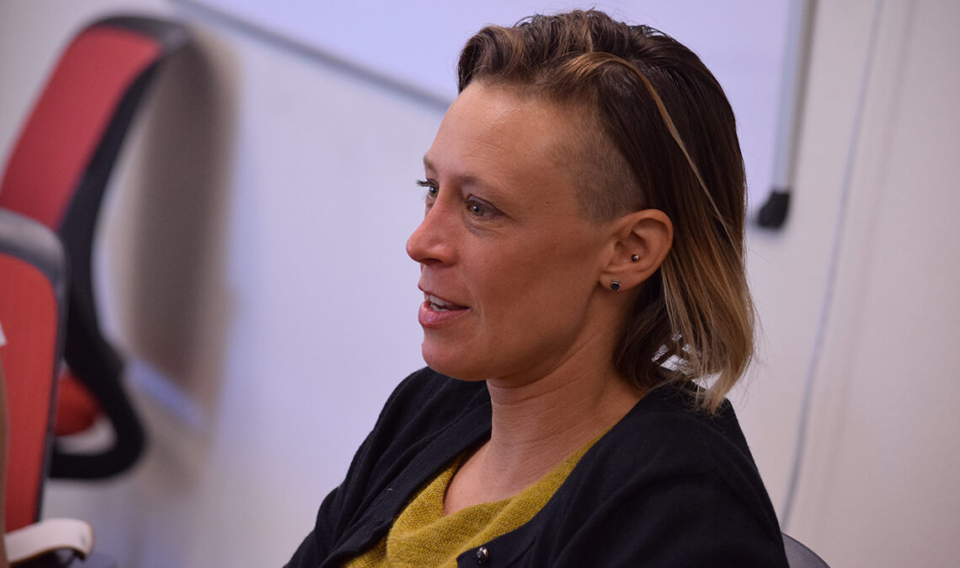At a recent meet-and-greet, Lawson-Remer professed her support for a controversial tax which, by any stretch of the imagination, would devastate San Diego’s business community.
Yesterday, San Diego County Supervisor Terra Lawson-Remer stood before residents of Ocean Beach and Point Loma at a meet-and-greet to declare her support for split roll property taxes. In so doing, Lawson-Remer hopes to breathe life into the unpopular controversial tax proposal which Californians have elected to reject every time it’s been tried.
“I’m really interested in something called split roll, which would basically increase, uh, allow property taxes just on commercial buildings to increase,” said Lawson-Remer. “I think that is a really, um, something I think we should look at.”
Split roll is a direct affront to the longstanding protections provided by Proposition 13. Passed in 1978, Prop 13 set a one percent tax rate cap on real property and limited annual increases in taxable value to two percent. It has been a cornerstone of California’s property tax system by offering predictability and stability to property owners. And, for that reason, it has effectively been under constant assault since its passage.
One of the more recent and transparent examples of an attempt to undermine Prop 13 was 2020’s Split Roll Tax, introduced to voters as Proposition 15. Prop 15 proposed removing Prop 13 protections from commercial properties, dramatically increasing costs for businesses which, of course, would be passed off to consumers. In fact, Proposition 15 would have been the largest property tax increase in California history.
The tax revenue Prop 15 would generate (approximately providing $6.5 billion to $11.5 billion) had big government advocates like Lawson-Remer practically salivating.
Unsurprisingly, it faced fierce opposition from business groups, property owners, and taxpayers. It was ultimately defeated by over half a million votes.
But—as the old saying goes—if at first you don’t succeed, try, try again.
Two years later, a law firm representing SEIU-United Healthcare Workers submitted a proposal titled the “Housing Affordability and Tax Cut Act of 2022,” a new version of the Split Roll tax. The main difference this time is that it would apply to all properties, not just commercial properties, with some very limited exceptions. The proposal failed to qualify for the ballot, implying it was not popular enough to gather the required signatures.
Now in 2024, after multiple failed attempts, Lawson-Remer is hopeful that split roll can make a comeback. Unfortunately, at least in her recent remarks, she didn’t elaborate as to why.
The truth of the matter is that split roll threatens to destabilize the commercial real estate market, increase operating costs for businesses, and spike prices for San Diego residents at a time when the county’s cost of living is already 44% higher than the national average. It requires the upheaval of California’s existing property tax system and Prop 13. And, frankly, isn’t popular among voters.
“California already has the worst climate for business and job creation in the country,” said California Business Properties Association President Rex Hime, an opponent of the original Prop 15. “A split-roll property tax will just increase pressure on many businesses that are already finding it hard to make ends meet.”
“In repealing Proposition 13 for businesses, California will be forfeiting our best argument to attract new jobs—a long-term sacrifice that will hollow-out California’s economy, costing us far more $10 billion in a very short time,” said former State Director of Finance Tom Campbell.
Some say Lawson-Remer’s advocacy for split roll taxes seems poorly timed and poorly judged. Voters will have to decide if they want a representative who champions a policy that threatens to undermine the economic health of San Diego County and disregards the democratic will of her constituents.


